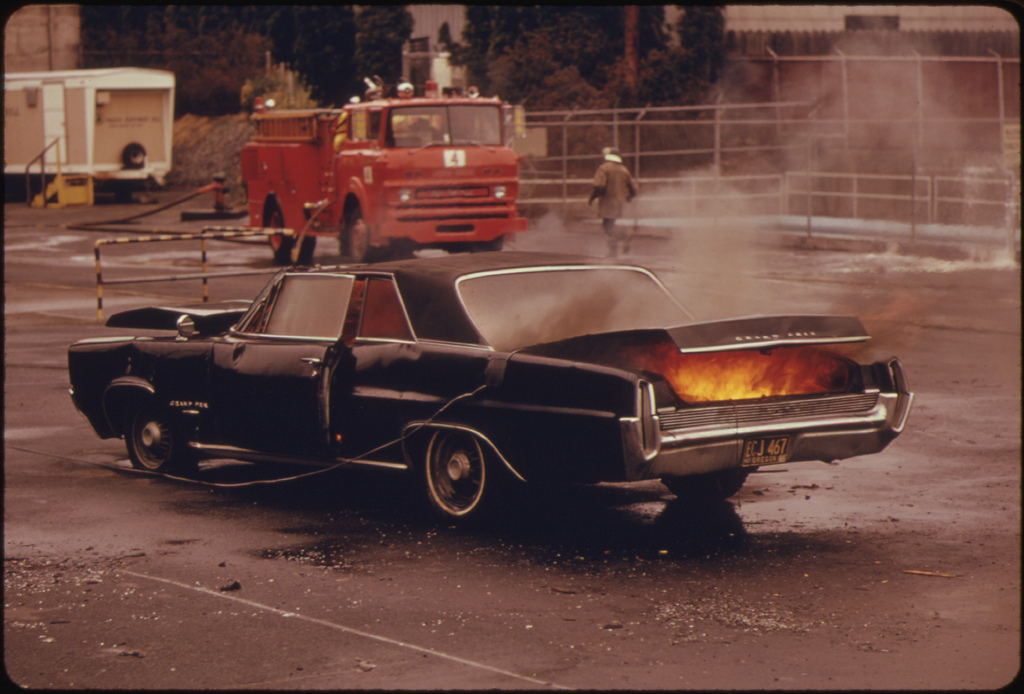The True Cost of Car Accidents
Without question, the most significant cost of an automobile accident can be the loss a human life. However, when people consider monetary expenditures, the true costs of car accidents include many often-overlooked expenses.
Among them are:
Health Care Costs
Non-fatal accidents generally entail medical costs. Potential charges include, ambulance service, emergency room visits, hospital admittances, surgery, subsequent medications, follow-up appointments and etc. Injury accidents causing spinal trauma can leave individuals in wheelchairs at worst. They also may need many months of physical therapy for whiplash, spinal realignment and the like at best. This brings physical therapists, chiropractors and massage therapists into play.
Lost Productivity
Though it varies by the severity of the incident, all of the above means time away from work. In addition to medical appointments, they may also be time off while you recover from injuries. There can be court appearances if litigation becomes an issue, which brings court costs and lawyer fess into the equation. In many cases, even if you can go right back to work, an impairment could prevent you from performing to your full capacity. All of this adds up to reduced income, which in turn can make your complete recovery take longer.
Higher Insurance Premiums
When you compare auto insurance quotes after an accident, you may find your premiums are higher, particularly if it is determined you were at fault in the accident. In some cases, your premium can be raised by as much as 41 percent. Depending upon your financial status, this could take you off the road, if you can’t afford to pay the increase. If that happens, you’ll be looking at public transportation expenses and possibly even the loss of your job, if you live so far away from where you work, getting there without your car is an impossibility.
Automobile Repairs
All of the above items come into play before we even enter into a discussion of repairing or replacing your vehicle if it is deemed a total loss. A total loss occurs when your insurer determines the cost to repair your vehicle is more than it is worth. In that case, they will pay you the market value of the car and you’ll have to get another one. Depending upon the value of the car at the time of the accident, this could be less than you’ll need to buy another car.
Further, if you have an outstanding auto loan, you may or may not get enough money to pay it off. You must have gap insurance to be certain the loan will be satisfied if your car is totaled. Gap insurance pays the difference between the market value of your automobile at the time of the incident and the loan amount.
If your car can be repaired, you’ll incur the costs of bodywork and possibly mechanical repairs as well. This means body shops and auto mechanic expenses will be factored into the overall costs of the accident. Still though, as most people will tell you, the car will never be the same after the accident. Every little noise it makes afterwards will have you wondering; “Is that because of the accident?” The point here is in addition to all of the other costs, there will be one to your peace of mind.
Rental Car Expenses
In all likelihood, you will need transportation during the period your car is being put back into shape. This typically means a rental car—if your insurance policy supports one. If not, you’ll pay to get one on your own, borrow a car from friends or family members, or hitch rides with them. You will at least offer to reimburse them for fuel costs (gas money—OK?). If you can rent a car, you’ll be looking at anywhere from $20 to $40 a day, plus mileage in some cases, as well as insurance on the rental.
As you can see, the true costs of car accidents are considerably more than you might realize at first glance. You could lose wages, incur medical expenses, pay to repair your car (and possibly that of another person), and pay for alternate transportation. All of this can add up to be quite expensive.

